1. Introduction
Importance of Industry Study Tours
Industry study tours play a crucial role in bridging the gap between academic learning and real-world industrial applications. For engineering faculty, these tours provide an opportunity to gain firsthand experience of industry practices, technological advancements, and operational challenges. They enable educators to bring practical insights back into the classroom, enriching the educational experience for their students.
Benefits for Engineering Faculty
The benefits of industry study tours for engineering faculty are manifold. These tours help faculty members:
- Stay updated with the latest industry trends and technologies.
- Build relationships with industry leaders and professionals.
- Gain practical insights that can enhance their teaching methodologies.
- Develop collaborative research opportunities.
- Enhance their professional development and career growth.
Overview of the Guide
This guide aims to provide a comprehensive roadmap for organizing a successful industry study tour for engineering faculty. It covers all aspects from initial planning to post-tour activities, ensuring that every detail is meticulously addressed to maximize the tour’s educational and professional benefits.
2. Planning the Industry Study Tour
Setting Objectives and Goals
The first step in planning an industry study tour is to clearly define its objectives and goals. What do you aim to achieve through this tour? The objectives could range from understanding specific industrial processes to fostering industry-academic partnerships. Setting clear goals helps in aligning the tour activities with the desired outcomes.
Budgeting and Funding
Creating a detailed budget is essential for the successful execution of the tour. Consider costs for travel, accommodation, meals, site visits, and contingencies. Explore various funding options such as university grants, industry sponsorships, and participant fees. Transparent budgeting ensures that there are no financial surprises during the tour.
Selecting the Destination
Choosing the right destination is critical. The destination should offer access to industries relevant to the faculty’s area of expertise. Consider locations with a concentration of industry leaders, technological hubs, or emerging markets. Research the destination thoroughly to ensure it aligns with the tour’s objectives.
Identifying Key Industry Partners
Collaborate with key industry partners who can provide valuable insights and access to their facilities. Establishing strong relationships with these partners can enhance the quality of site visits, workshops, and networking opportunities. Reach out to alumni networks, industry associations, and professional contacts for introductions and recommendations.
3. Preparation and Logistics
Scheduling and Timeline
Develop a detailed timeline for the tour, from the initial planning stages to the post-tour activities. Ensure that the schedule accommodates academic calendars, industry availability, and participant commitments. A well-planned timeline helps in avoiding last-minute rushes and ensures a smooth execution.
Travel Arrangements
Organize travel arrangements well in advance. This includes booking flights, arranging local transportation, and coordinating travel insurance. Consider group travel discounts and ensure that all participants have the necessary travel documents, including visas if required.
Accommodation Planning
Select accommodation that is comfortable, safe, and conveniently located near the tour sites. Consider the needs of all participants, including accessibility requirements. Group accommodations can facilitate better interaction among participants and reduce costs.
Safety and Health Considerations
Prioritize the safety and health of all participants. Conduct risk assessments for all activities and locations. Ensure that participants have access to necessary medical facilities and emergency contacts. Prepare a comprehensive health and safety plan, including measures for dealing with emergencies.
Necessary Documentation and Permissions
Gather all necessary documentation and permissions required for the tour. This may include travel permits, industry visit permissions, and university approvals. Ensure that all participants are informed about the required documents and deadlines for submission.
4. Itinerary Development
Balancing Educational and Recreational Activities
A successful study tour strikes a balance between educational and recreational activities. While the primary focus is on industry visits and learning experiences, incorporating recreational activities helps in maintaining participant engagement and morale. Plan for cultural experiences, local sightseeing, and relaxation time.
Designing Daily Schedules
Create detailed daily schedules that outline all activities, timings, and locations. Ensure that there is adequate time for travel between sites, meal breaks, and rest periods. Distribute the schedule to all participants in advance to ensure everyone is well-prepared.
Arranging Site Visits
Organize site visits to key industry locations that align with the tour objectives. Coordinate with industry partners to arrange guided tours, demonstrations, and interactions with industry professionals. Ensure that the visits are well-structured and provide meaningful learning experiences.
Organizing Workshops and Seminars
Incorporate workshops and seminars into the tour itinerary. These sessions can be led by industry experts, faculty members, or both. Topics should be relevant to the tour objectives and provide practical insights and hands-on learning opportunities.
5. Engaging with Industry Experts
Identifying and Inviting Speakers
Identify industry experts who can add value to the tour through their knowledge and experience. Invite them to deliver lectures, participate in panel discussions, or lead workshops. Ensure that the speakers are well-versed in the topics of interest and can engage effectively with the participants.
Planning Panel Discussions
Panel discussions provide a platform for in-depth exploration of specific topics. Plan these discussions by identifying relevant themes, selecting panelists, and preparing discussion questions. Encourage active participation from both panelists and attendees.
Networking Opportunities
Facilitate networking opportunities between faculty members and industry professionals. Organize networking sessions, informal meet-and-greets, and social events. Networking helps in building professional relationships and can lead to future collaborations and research opportunities.
Q&A Sessions
Include Q&A sessions after lectures, workshops, and panel discussions. These sessions allow participants to seek clarifications, share their perspectives, and engage in meaningful dialogues with the experts. Encourage active participation and ensure that all questions are addressed.
6. Academic Integration
Aligning with Curriculum Objectives
Ensure that the study tour aligns with the academic curriculum and learning objectives. Collaborate with academic departments to integrate the tour activities with course content. This alignment enhances the relevance and impact of the tour on the participants’ academic and professional development.
Pre-Study Tour Assignments
Assign pre-study tour assignments to prepare participants for the tour. These assignments can include background research on the industries to be visited, reading relevant literature, and formulating questions for industry experts. Pre-tour preparation enhances the learning experience during the tour.
Post-Study Tour Projects
Post-tour projects allow participants to apply their learning and reflect on their experiences. Assign projects that require analysis, research, and presentations based on the tour activities. These projects can contribute to the participants’ academic assessments and professional growth.
Evaluation and Feedback
Conduct evaluations and gather feedback from participants to assess the tour’s success. Use surveys, interviews, and feedback forms to collect insights on what worked well and areas for improvement. This feedback is valuable for planning future study tours and enhancing their effectiveness.
7. On-Tour Management
Leading the Group
Effective leadership is crucial for the success of the tour. Designate a tour leader who is responsible for coordinating all activities, managing logistics, and addressing any issues that arise. The leader should be approachable, organized, and capable of making quick decisions.
Handling Emergencies
Prepare for potential emergencies by having a comprehensive emergency plan in place. This includes medical emergencies, travel disruptions, and safety incidents. Ensure that all participants are aware of the emergency protocols and know how to reach the tour leader in case of an emergency.
Maintaining Group Dynamics
Maintain positive group dynamics by fostering a collaborative and inclusive environment. Encourage open communication, address conflicts promptly, and ensure that all participants feel valued and respected. Strong group dynamics enhance the overall experience and learning outcomes of the tour.
Communication Protocols
Establish clear communication protocols for the duration of the tour. This includes regular briefings, updates on schedule changes, and emergency contact information. Use multiple communication channels, such as emails, messaging apps, and face-to-face meetings, to keep everyone informed.
8. Post-Tour Activities
Debriefing Sessions
Conduct debriefing sessions to reflect on the tour experiences and key learnings. These sessions provide an opportunity for participants to share their insights, discuss challenges, and identify takeaways. Debriefing helps in consolidating the learning and planning for future improvements.
Sharing Knowledge with Colleagues
Encourage participants to share their knowledge and experiences with their colleagues who did not attend the tour. This can be done through presentations, seminars, and informal discussions. Sharing knowledge helps in disseminating the benefits of the tour across the broader academic community.
Reporting and Documentation
Prepare a comprehensive report documenting all aspects of the tour, including objectives, activities, outcomes, and feedback. This report serves as a valuable resource for future planning and can be shared with stakeholders, sponsors, and academic institutions.
Follow-Up and Future Planning
Follow up on the connections and collaborations established during the tour. Plan for future study tours by incorporating the feedback and insights gained from the current tour. Continuous improvement and future planning ensure that each tour builds on the success of the previous ones.
9. Case Studies of Successful Industry Study Tours
Case Study 1: Mechanical Engineering Faculty Tour
Explore a detailed case study of a mechanical engineering faculty tour, including the objectives, itinerary, key activities, and outcomes. Highlight the successes and lessons learned from this tour to provide practical insights for planning similar tours.
Case Study 2: Electrical Engineering Faculty Tour
Examine a case study of an electrical engineering faculty tour, focusing on the industries visited, expert engagements, and academic integration. Discuss the impact of the tour on the faculty’s professional development and teaching practices.
Case Study 3: Civil Engineering Faculty Tour
Review a case study of a civil engineering faculty tour, covering the planning process, logistical challenges, and key takeaways. Emphasize the role of industry partnerships and the benefits gained from site visits and workshops.
10. Conclusion
Summary of Key Points
Recap the key points discussed in the guide, emphasizing the importance of careful planning, effective execution, and continuous improvement in organizing successful industry study tours for engineering faculty.
Encouraging Participation
Encourage academic institutions and faculty members to actively participate in industry study tours. Highlight the long-term benefits for professional development, curriculum enhancement, and industry-academic collaboration.
Final Thoughts
Conclude with final thoughts on the value of industry study tours as a transformative learning experience. Encourage faculty members to embrace these opportunities for growth, innovation, and collaboration.
See Also
-
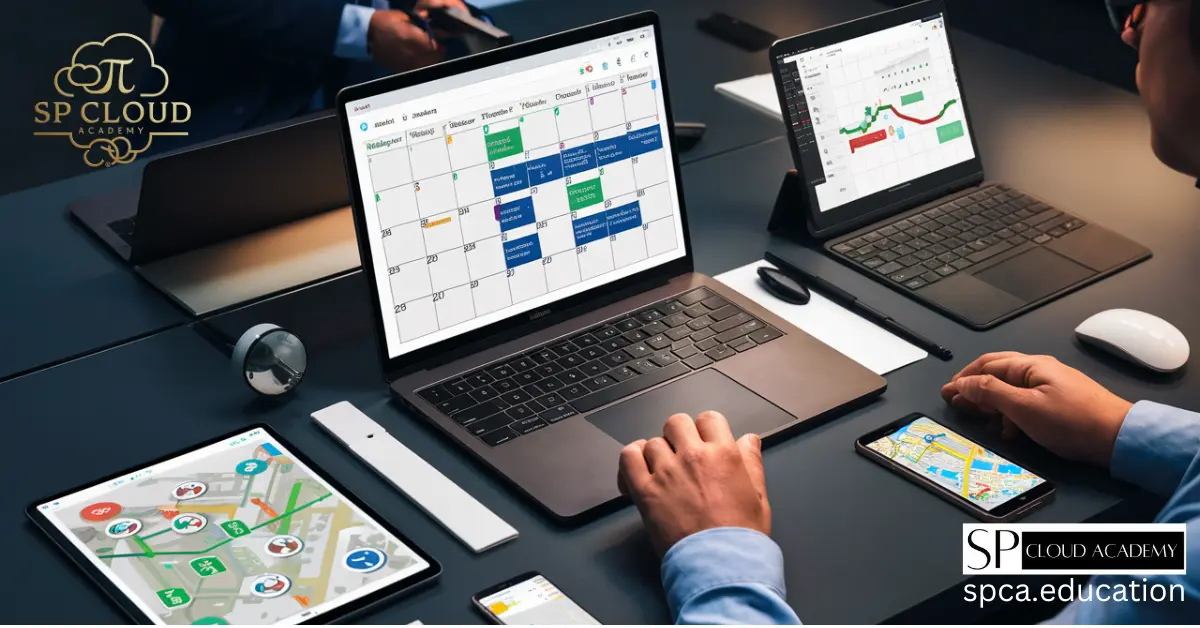
Streamline Your Event Management with Google’s Powerful Tools: A Comprehensive Guide
-
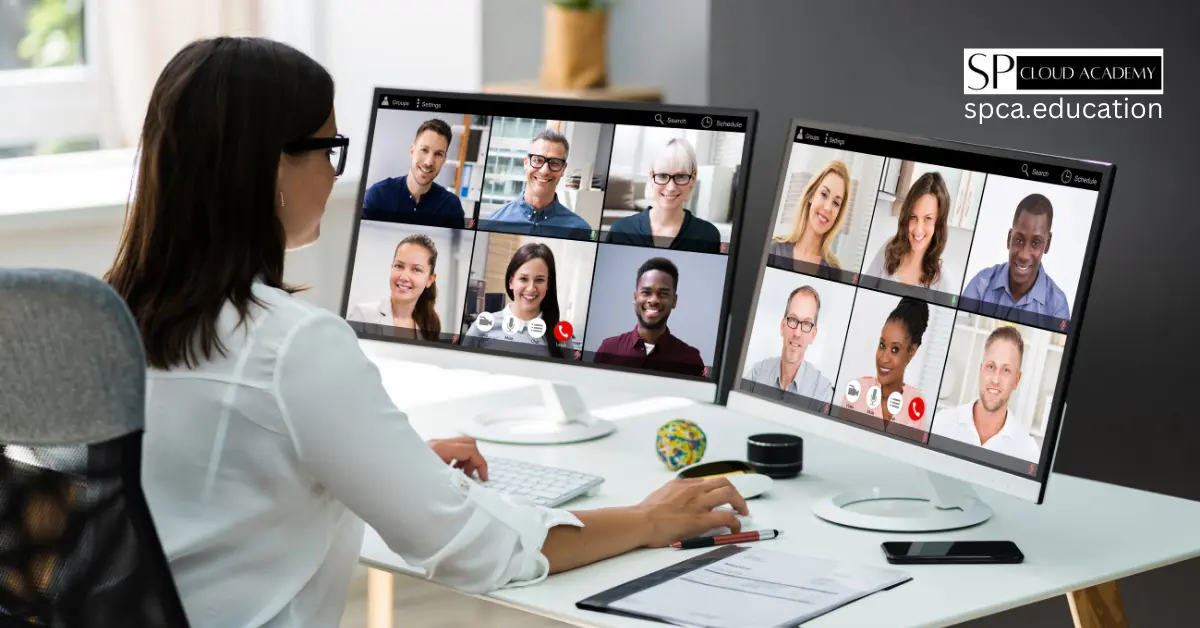
Webinar Rules and Ethics: The Ultimate Guide for Professionals
-
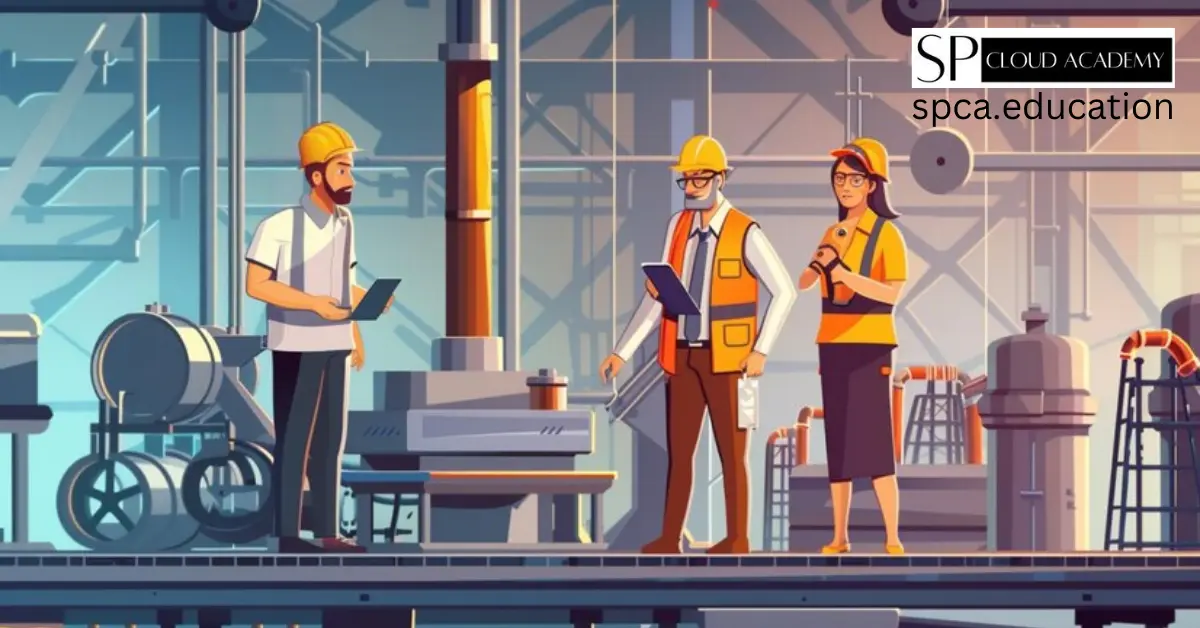
The Ultimate Guide to Organizing a Successful Industry Study Tour for Engineering Faculty
-
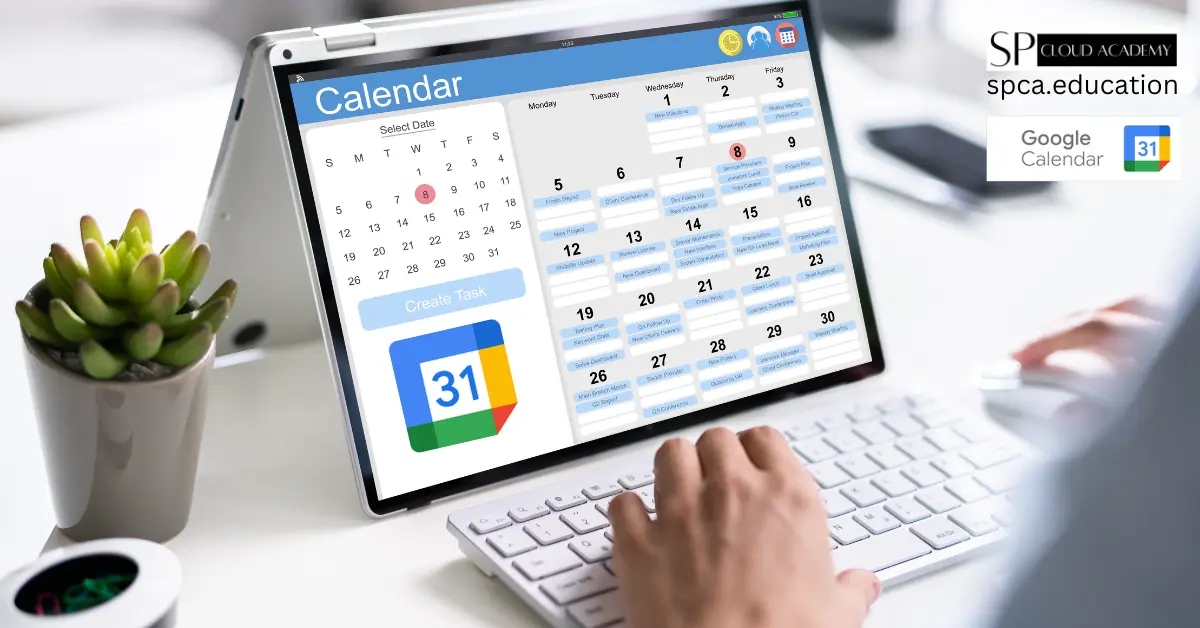
Boost Your Productivity: Top Features and Hacks for Google Calendar
-
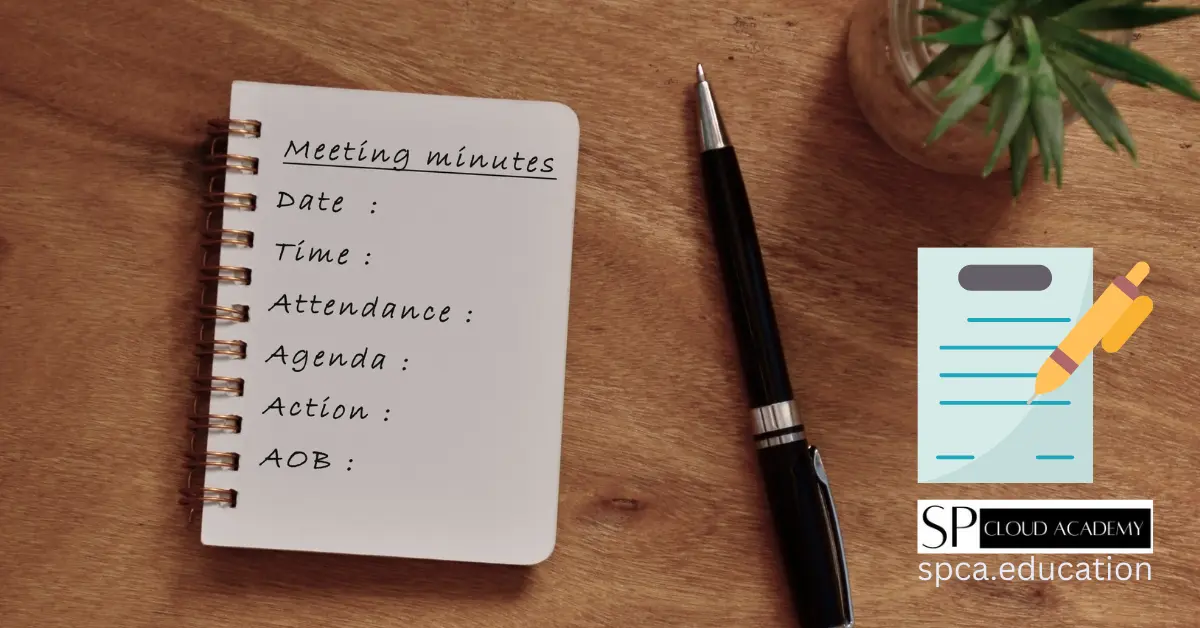
The Art of Writing Meeting Minutes: A Step-by-Step Guide for Effective Documentation
-

Mastering the Art of Organizing a Successful Meeting: A Step-by-Step Flowchart to Ensure Productivity and Efficiency